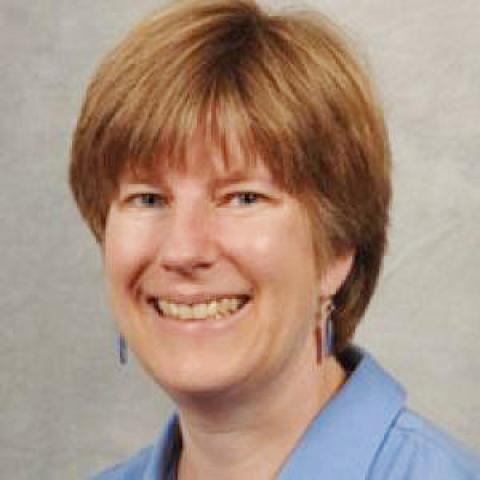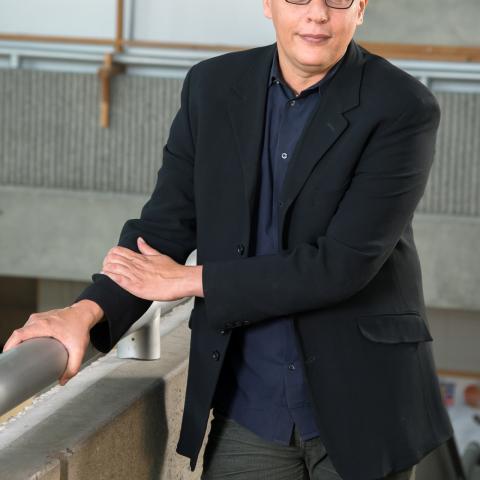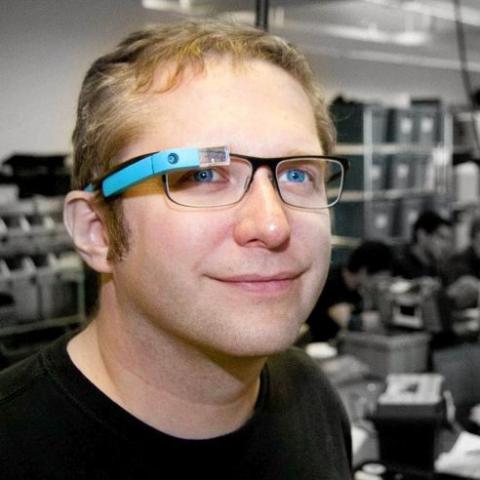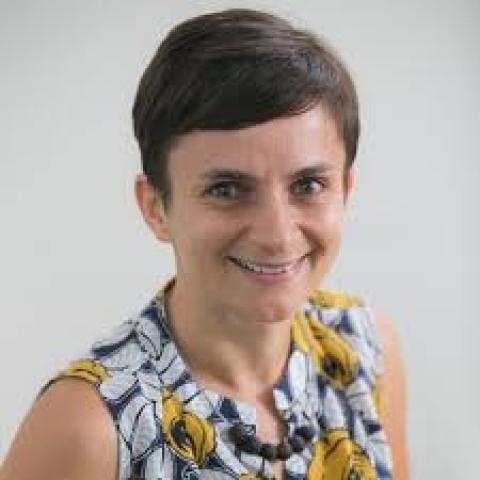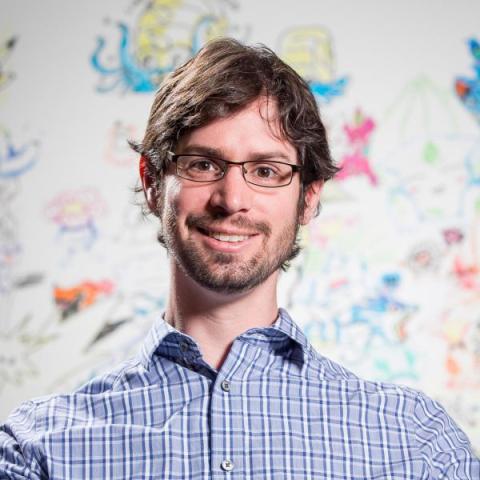Clint Zeagler

While teaching textiles and fashion design studio classes at Savannah College of Art & Design, Zeagler realized his true passion lies in bridging the gap between the disciplines of Wearable design and Human-Centered Computing. A diverse background in fashion, industrial design, and textiles drive his research on electronic textiles and on-body interfaces with the Contextual Computing Group of the GVU center of Georgia Tech. As a Principal Research Scientist for the Georgia Tech Interactive Media Technology Center and Instructor for the Georgia Tech School of Industrial Design he teaches courses on Wearable Product Design and an ID section of Mobile and Ubiquitous Computing (MUC). Zeagler enjoys working with corporations such as HP/Palm and Google to bring real-world experience into the classroom. He recently acquired a NASA Georgia Space Consortium grant to fund MUC student projects on wearable computing for space—a wonderful opportunity for undergraduate students. He is also a member of the NASA Wearable Technology Cluster a group of scientists and academics working together to give advice to those in NASA working on wearable computing or electronic textile projects. A deep understanding of the garment production process fosters innovation in his research. Zeagler’s company Pecan Pie Couture hand-dyed, embroidered, and screen-printed textiles and garments. Building upon that skillset, his recent research led to the creation of the Electronic Textile Interface Swatch Book (ESwatchBook) in collaboration with Thad Starner. The ESwatchBook is designed to help facilitate discussions between the skill and craft-based design disciplines (.i.e. fashion) and more technical disciplines (.i.e. computer science). To put the ESwatchBook’s capabilities to the test, he developed a series of workshops at multiple colleges with the purpose of bringing together designers with engineers/technology specialists. The workshops were funded by a National Endowment for the Arts grant, which he co-authored. Zeagler’s most recent endeavor FIDO: Facilitating Interactions for Dogs with Occupations is an exploration into using wearable electronics to enhance interactions between service dogs and their handler/owners.
